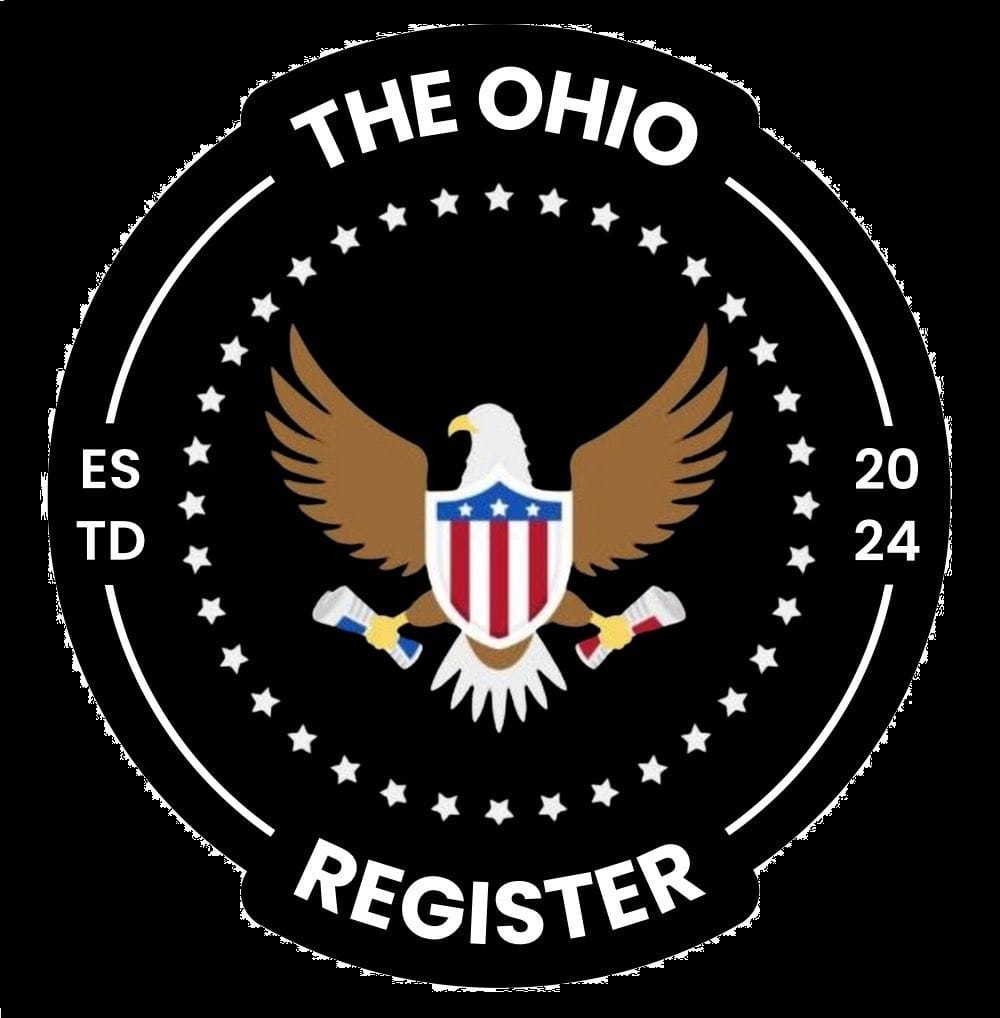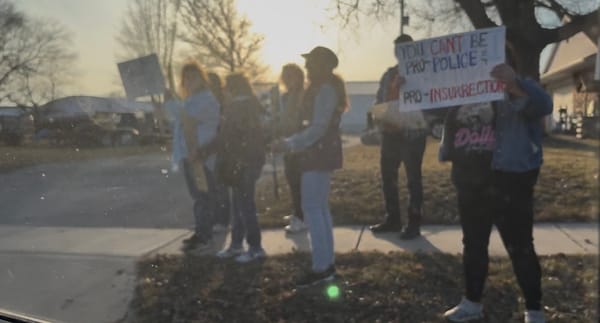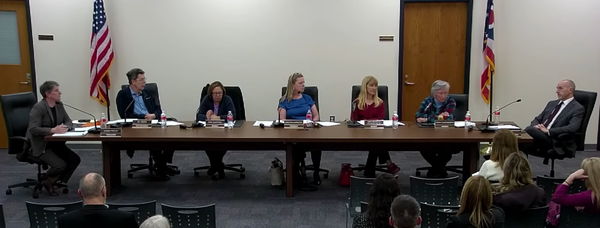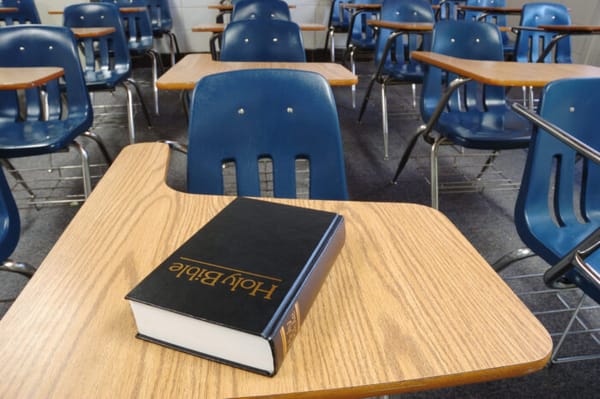When Human Trafficking Hits Home: The Story of EAC
Margaret Cole was a woman with a dream to be a parent. After her daughter died of SIDS in 1991, Margaret claims she decided to start an adoption agency to help desperate parents around the world. That year Margaret may have gotten her wish. Her work, coupled with potential cooperation from others in higher office, may have indeed birthed something onto the state; only its implications and impact were far from joyous.
In 2017, the U.S. State department pulled an unprecedented move by pulling the accreditation of the now defunct European Adoption Consultants, Cole’s organization, due to a scandal that grabbed international attention in a storm of controversy that involved bribing Ugandan judges and lying to polish authorities, resulting in the rape of a child trafficked by EAC, to family members of EAC employees who were not approved for adoption. The resulted trafficking and rape led to an FBI investigation and federal charges.
While readers may be aware of the dark underbelly of the international adoption industry, and may even not be surprised by the revelation that such an organization was operating in the heart of it all, located in Strongsville, the pressing question of how such an organization operated for so long without impediment has thus far been unanswered.
According to Cole, her narrative for founding EAC was like something out of a Hallmark family film. After enduring the death of her own child, she was rejected from various adoption agencies due to her age and decided to found one of her own, leading to over 18,000 ‘successful’ adoptions across the world. Any level of investigation into these cases however leaves significant questions unanswered.
Rather than starting locally or statewide, Cole sought global impact immediately and had no trouble finding it, despite her strange means and strategies. According to Cole, once her business was launched, she took trips to foreign nations like Russia, and simply started ‘asking around’ if people were interested in adoptions.
As far as how she determined her facilitators qualifications and how she avoided potential dangerous criminals, she claims her ‘radar’ was so well attuned that she could simply sniff them out. During its lengthy run, the EAC was famous for hosting seminars in which they would give presentations to desperate families seeking child placements and boast of incredibly fast turnarounds. While most adoptions take years, EAC would claim they could process one in months. What they did not reveal, is that the adoptions were often fraudulent and facilitated through lies, manipulation and coercion. Couples seeking to adopt children they had been told were from families where the parents were dead or extremely neglectful or abusive, soon found their foreign placements, once able to learn English, told a completely different story.
Prospective parents soon found out that their new children came from loving families who were simply looking for opportunities for their children to get an education. In countries like Haiti, Uganda, Russia, Poland, China and others, EAC would tell poor mothers that prospective wealthy families in the US or other nations were seeking to sponsor their children, to provide them educational opportunities, and were completely unaware they were potentially giving up their children for adoption. Back in the U.S., families were often told completely fabricated narratives of the children’s history. Others found that children they were told were healthy and otherwise in good standing soon discovered developmental disabilities and impairments costing small fortunes to care for.
According to a Cleveland.com article, much of this was well known by county and state child welfare agencies as early as 2004, yet corrective action wasn’t taken until the state department, who was responsible for accreditation of IA agencies, pulled the group’s license in January 2017, after encountering numerous complaints against EAC.
“The whole action we took is unusual and unprecedented. It’s the first time in history that the State Department debarred an adoption service provider for any period of time,” Ted Coley, the Director of the Office of Children’s Issues for the U.S. State Department said.
The action from the State Department came after Coley’s report found a total of 18 different violations by EAC. Still the question remains how the organization managed to evade even local scrutiny for decades. While accreditation of IA agencies previously fell within the jurisdiction of the state department, within Ohio, nonprofits and charities are regulated and monitored via the Charitable Law Section of the Attorney General’s office. During the height of EAC’s work, Mike DeWine served as Attorney General and David Yost as the state’s auditor. DeWine would have been intimately familiar with the work EAC was doing, particularly with regards to Haiti, due to his continued efforts to propagate charities such as Hands Together, for which he helped fundraise for when they were still unregistered with the state, which typically carries a misdemeanor charge. According to a report at that time, DeWine aide Ann O’Donnell discovered the oversight and assisted the charity become registered and pay back owed fees without any fines or consequences.
DeWine was equally late in ensuring EAC was duly run. Unfortunately it wasn’t until after the State Department debarred them that in June of 2017, DeWine sued EAC for ‘misleading customers and taking fees for services never rendered’. During court proceedings, the then Attorney General’s office would have been able to access complete financial records and interview witnesses affected by the EAC’s wrong doings. A relevant question to ask may have been regarding the State Department’s findings that the EAC was having customers and foreign government agencies sign disclaimers absolving oversight for fees paid or why customers were asked to pay exorbitant costs for services vaguely defined.
Still, despite all of these various state and federal agencies looking into the books and workings of EAC, it wouldn’t be until September of 2017 when the doors would finally shut on their workings. Prior to their debarment, EAC was attempting to facilitate an international adoption from Poland involving twin girls. One was sent to a family in Utah, however when the expected placement of the second fell through, EAC placed the second in Texas with a man named John Tufts, who had not been vetted or approved for placement. Tuft’s horrific abuse of the child garnered the attention of the FBI, when investigation into her placement after the subsequent charges became impossible to hide.
Charges would not be formally filed against the organization’s founder, Cole, and her accomplices until a few years later. Cole was sentenced in 2022 and given unprecedented leniency to turn herself into prison and even the opportunity to potentially reevaluate her plea deal after initially pleading guilty. Still, despite this appearance of closure, the case of European Adoption Consultants leaves more questions than it answers. It is still unknown how Cole, a relatively unknown and inexperienced middle aged mother was able to start and fund an international adoption agency and find benefactors nearly overnight. While the case involving the polish twins forced action from the FBI, it begs the question of how many more of the 18,000 children processed by EAC were sent to similarly abusive situations that simply never got reported. John Tufts was the son of the EAC’s Texas branch head, Debra Parris, who assisted with Cole’s child trafficking operation. Despite such high level and prominent figures involved in crimes such as international bribery, fraud and much more, our own state’s Attorney General seemingly missed all of this while investigating and discovering for court proceedings against EAC.
These questions loom heavily in the shadows when discussing what happened surrounding this Strongsville adoption agency. They remain unanswered by the public, though questions still pull at the back of one’s mind. Given some of the power players involved in the state of Ohio, are those answers lost to us, or simply held within a lockbox of higher offices than our own?




